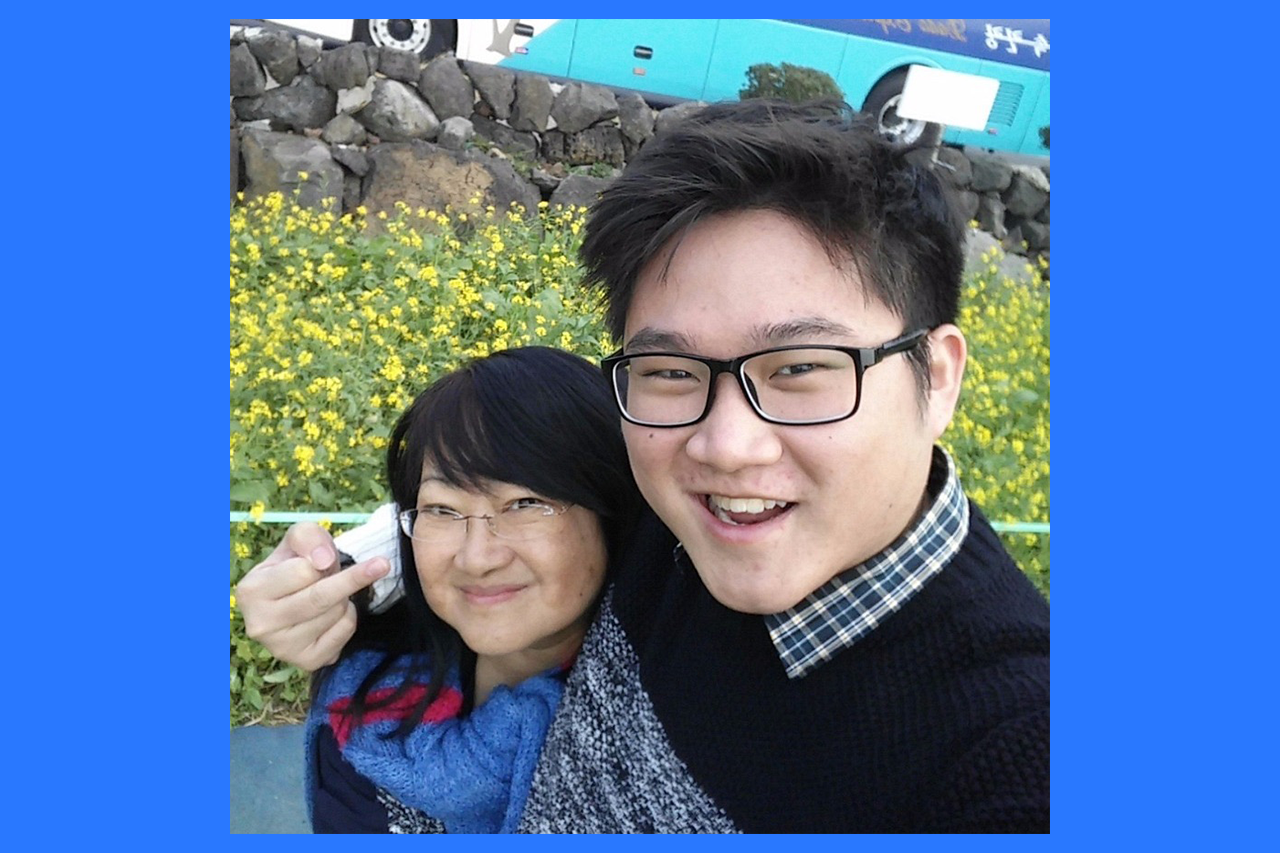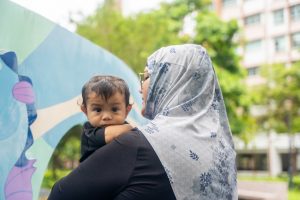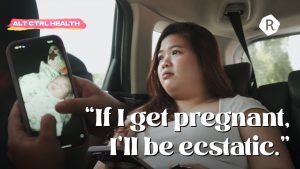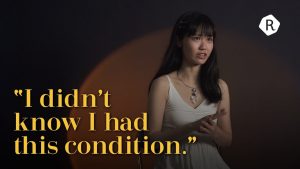“What do you think will happen to me when I die? Will I go to heaven?” my mother asked, teary eyed.
The oncologist had just told her that the tumour was taking too much of a toll on her body, and that she had a mere two weeks left to live.
“No,” I said, as I watched her vacant expression.“You become worm food, like all of us.”
She sniggered, and her furrowed brows relaxed, along with her demeanour.
“You’re terrible,” she laughed, and so did I.
In that moment, she became more than my mother. She became my friend.
In their heads, all parents like to think that they are their child’s best friend. That dear little Sally would blush and tell mummy about the first time she kissed a boy, or that the reserved and shy Bryan would approach his father for advice on girls.
Parents also love to tell us that we take them for granted, with “If only you treat us the way you treat your friends” being a classic, guilting their children into treating them like a friend, most often when they feel that their child is becoming too distant.
If you’re a parent and your children come to you for advice on all matters, well done. Give yourself a pat on the back because you’re doing a great job. But don’t get ahead of yourself, for you will never, ever, be their best friend.
This might seem harsh, like pouring cold water on the grand aspirations of camaraderie every parent falls victim to. But being a parent is a job that requires a great deal of responsibility and assertiveness.
Simply put, parents and children are not meant to be friends. Of course, there are always exceptions to the rule, and I happen to be one of the lucky few who can truly say that I had a friendship with a parent that went beyond the conventional.
All that it took was for my mum to die of cancer.
My mum passed away in August 2016 from Cholangiocarcinoma, a particularly aggressive strain of cancer that originates from the bile duct.
There were about ten months between the initial diagnosis and her eventual passing at 53 (yes, we got all her untouched CPF money; #FinancialLiteracy #ThanksForTheCar), which saw the tumour grow from an initial 12cm to 30cm, which is basically bigger than a football.
At the time, treatment options were fairly limited due to the advanced stage that her cancer had reached, and while most of us clung to any remaining shred of hope, both my mother and I had resigned ourselves to what we both knew was going to happen.
Back then, I was the one who spent the most time in the hospital with my mother, simply because both my father and sister had to work, and I was in my first year at university. Inevitably, we became closer.
Whenever I slept over at the hospital, we would spend hours on end talking about one another, bitching about family members as she told me their deepest and darkest secrets—things that no one else knew.
I had never been to a slumber party before, but on top of painting each other’s nails and talking about boys, that was probably the best ones I will ever be a part of.
There was no longer the invisible red tape of “mother and son”, and it truly felt like I was hanging out with a friend.
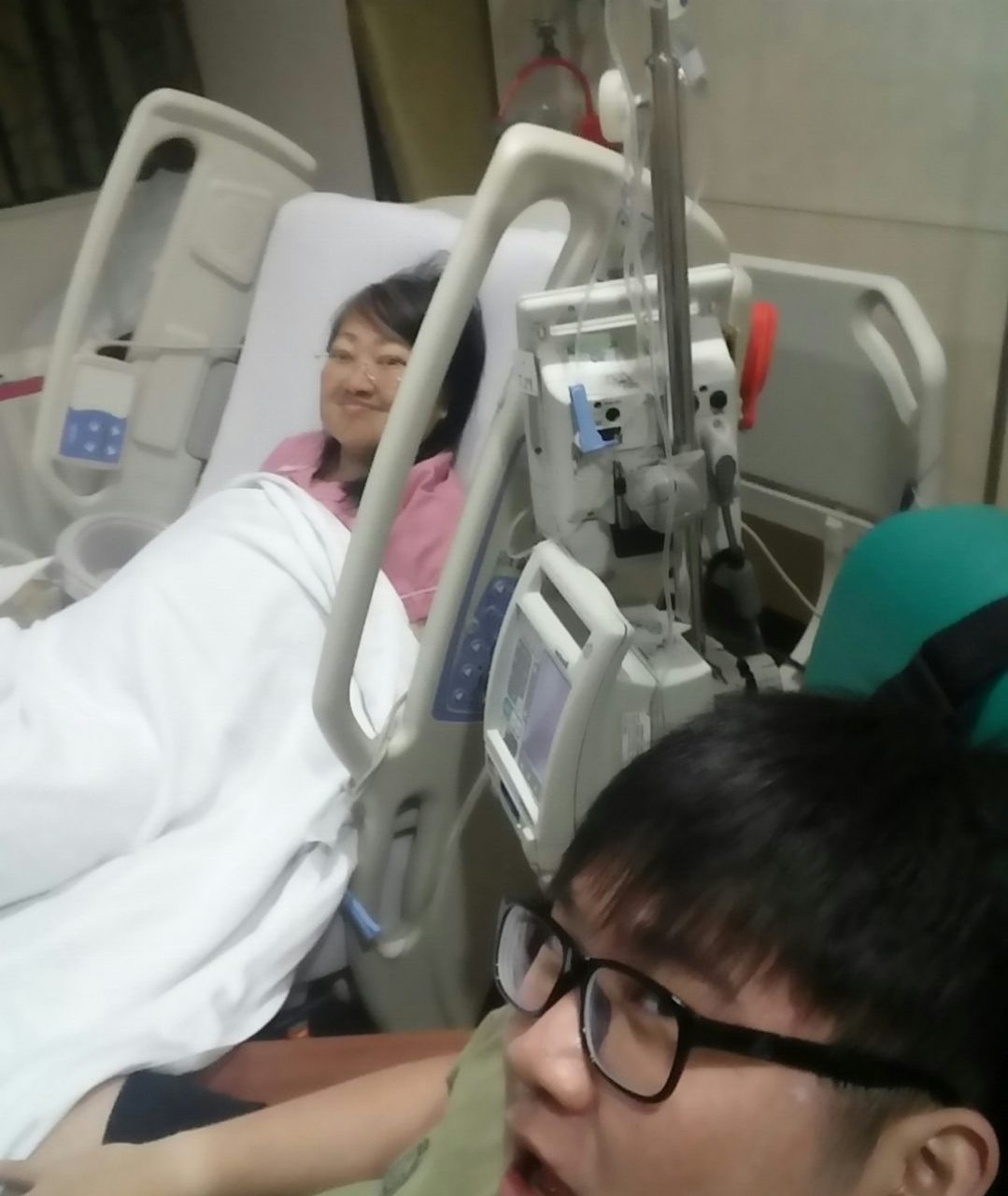
None of this even remotely resembled our relationship prior to her cancer diagnosis. In fact, there was a time when we hardly spoke to each other apart from during weekends, with most of this due to her working and me being in school.
I was pretty much always given free reign over what I chose to do, and aside from the usual nagging sessions about me having to put in more hard work to pull up my grades, there was not much that we talked about. I didn’t resent her, but I remember feeling apathetic.
Just like every other child in the world, I was dealing with my own problems. The last thing on my mind was trying to spend quality time with my parents.
On her end, my mother worked as an Accounts Executive, and would often ‘OT’, coming home only at 8 or 9 almost every night. She would shower, have her dinner and watch some television before falling asleep. There was hardly any interaction between the both of us, as our individual lives cruised ahead on autopilot mode.
In hindsight, I realise that my mother contracting cancer was perhaps the only thing that could have jolted us out of this stagnation. The moment we realised there was a literal expiry date to her life, something clicked, and we knew that we had to make the most out of whatever time we had left.
After the diagnosis, we went for two more overseas trips together as a family. Yet these are not the memories that I hold closest to me. Rather, it was the time spent with her, flanked by the grim hospital walls, the IV drips a constant reminder of my mother’s frailty and what was to come.
All of this helped to facilitate some of the most meaningful conversations with my mum; conversations I never, ever thought I would have with her.
At the time, we all had different ways of coping with the fact that my mother was going to die.
My sister, still new to the workforce, drowned herself in work. My grandmother blamed our new puppy, which we got for my mum as a therapy animal (but really, for ourselves), for being the reason she contracted cancer.
My father took it the hardest, and would spend the GDP of a small country every week on berries, as he was hopeful the antioxidants in them would help shrink the tumour. At the same time, he was battling health troubles of his own that manifested in physical limitations.
As a result, he had to stop work and was not fit to drive.
In turn, I adopted a more active approach. With everyone else being hysterical and making knee-jerk decisions at the expense of my mother’s sanity, I took up the mantle of being the voice of rationale, on top of running errands and being the family chauffeur.
Back then, my mother was banned from eating any white rice because someone had read online that cancer cells feed on glucose, which is what carbohydrates turn into when it’s digested in our system.
This drove her insane, and sometimes I would sneak her bread or rice, just to make sure that she didn’t lose her sanity or will to fight. Physical health aside, morale is one of the most important things in any fight against cancer.
Perhaps it was because she felt assured that I was now grown up and responsible enough to take care of myself and the family. Or it could be that I gave her a bite of my Fillet-O-Fish that one time when we were alone in her ward at NUH. Whatever it was, there was no longer the barrier of the impenetrable parent-child dynamic.
Without having to parent me anymore, she had tied up all the loose ends in her life (stuff like her insurance and her will, amongst others).
I remember looking at her at one point and remembering how I used to see her as an authoritative woman, one who was plump and had rosy cheeks. Now, she was reduced to a bag of bones; skin coloured with a sickly yellow due to jaundice, a shadow of her former self.
Still, I found myself liking this version of her more. Not because of how she looked, but because of what she now meant to me.
Had she remained healthy and both of us continued to live our own lives as we both aged, I’m sure that the dynamic would have remained unchanging, the both of us caring for one another, but never moving past the structure of a traditional parent-child relationship.
Our relationship had transformed, and she had become my best friend.
Which made her death, when it finally came, all the more painful to me.
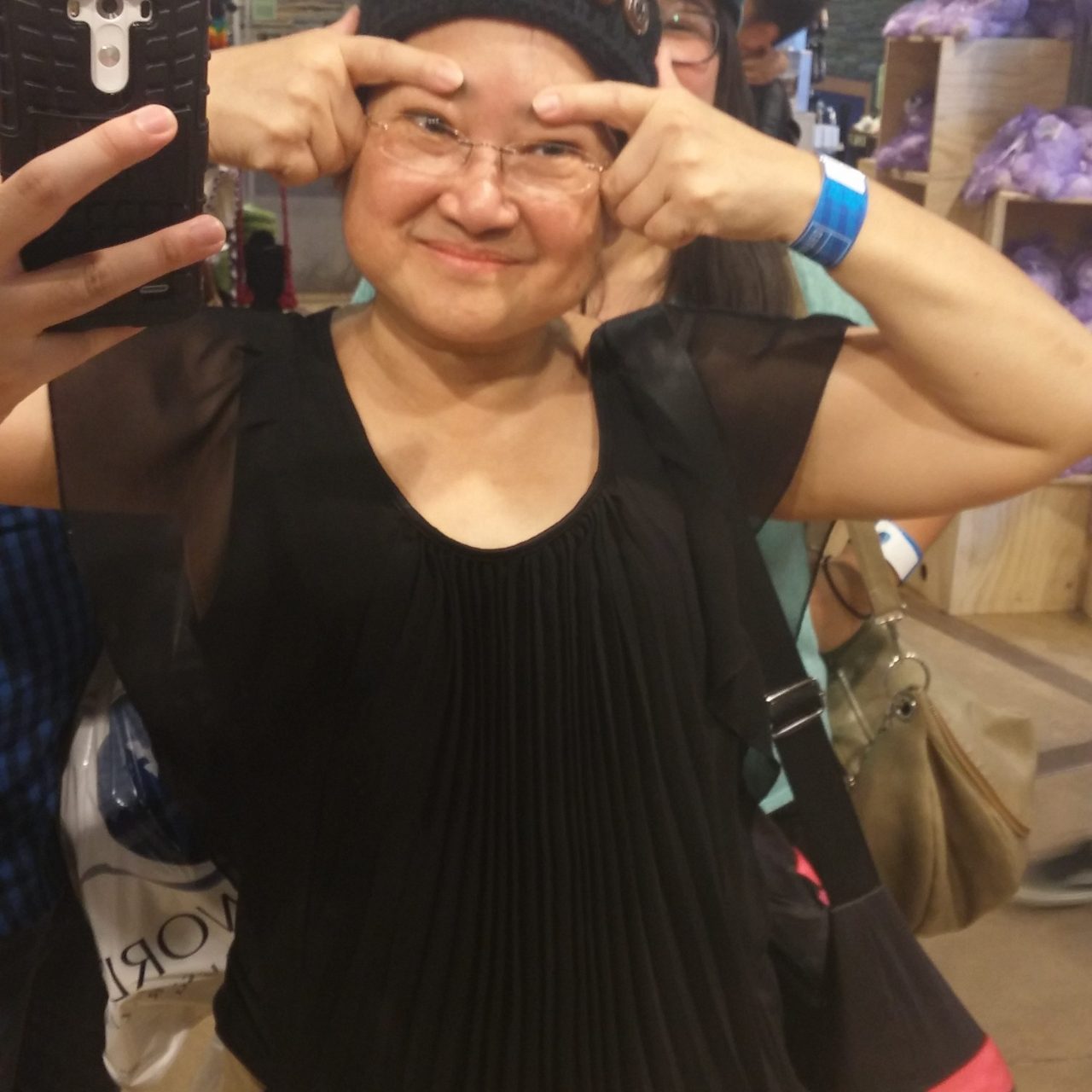
The day prior to her passing, I rushed home from school after receiving a call from my dad.
As I held her hand, I spoke to her for the final time. With just the two of us in the room, I thanked her for the values that she taught me, and how she always told me to put the needs of others ahead of my own.
I promised to pass these lessons on to my children in the future, all while bawling uncontrollably, trying desperately to sound coherent.
All of a sudden, she turned her head towards me and looked me square in the face. Just as I braced myself for what could possibly be the last thing my mother (and now best friend) would say, she rolled her eyes.
I burst out in laughter.
“You’re terrible,” I grinned, wiping from my face a mixture of tears and mucus.
I look expectantly at my mother for a chuckle, but this time, there was only silence.
